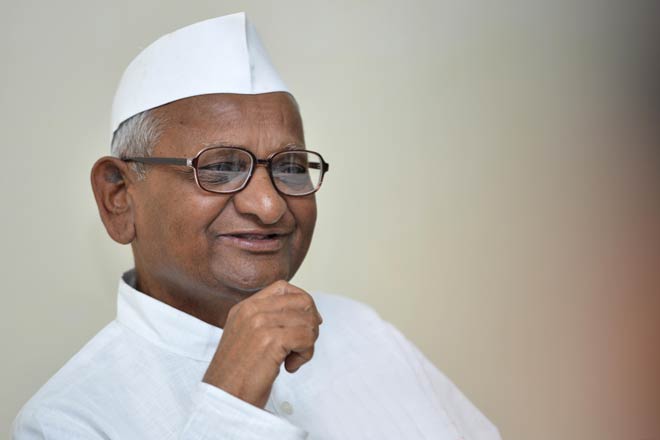An article in the Irish Times entitled Secrecy at EU level is a challenge to democracy, by professor Deirdre Curtin of the Open Government in the EU research group, argues that current trends in EU decision-making, partly set in motion by the crisis, partly through the growing role of the EU as a global actor, create an unhealthy level of secrecy accompanied by a lack of democratic deliberation. It seems that decision-making and democracy is happening at two levels. Parliaments struggle to exercise scrutiny over what their ministers agree in Brussels because of the working practices of both the European Council and the linked Council of Ministers and their secrecy rules ; and the governments use to co-agree at the European level without any prior discussion at the national level. But why should parliaments accept unilateral executive control over so-called sensitive information which takes no account of relative values of secrecy and openness? Thus, the real democratic challenge is the lack of democratic accountability of national prime ministers in the European Council and other ad hoc summits and the fact that national parliaments are increasingly eclipsed by powers assumed by national executives at European level. A project called Access Info Europe is leading a new campaign to create Open Government Standards and promote them around the world. The idea is to set standards on what open, transparent, accountable and participatory government really means. Indeed, Open Government is a hot topic right now, but what does it really mean in practice? What should governments be doing in the areas of Transparency, Participation and Accountability to qualify as open governments ? What are the uses of new communications technologies which really advance openness as opposed to merely perpetuating existing bureaucratic practices in a digital environment? Their aim is to reach an agreement on the basic elements of what constitutes open government so that they can call on our governments to meet this standard. They also identify the actions that governments should take in order to make real progress in promoting the three core pillars of open government : transparency, accountability, and participation. On data access (starts at 02:00) Christy Clark of British Columbia World Bank’s Open Data initiative
Related Articles
progressive religious activism in the US
Is there such thing as a "happy" country?
depending on the definition, results are surprisingly different
discovering the Citizen peace committees
The unexpected Egyptian activist
the fight of Wael Ghonim
what happened to the American sense of community?
Forget Erasmus, follow the The Bologna Process
creating a European Higher Education Area
Against the 6 trillion of illicit money
The Global Witness project
creative programs for palestinian children
an Indian activist and some 20 trillions lost
the Dead Aid debate
![]()
STAY IN TOUCH
SUBSCRIBE TO OUR NEWSLETTER
AND RECEIVE OUR LATEST STORIES










